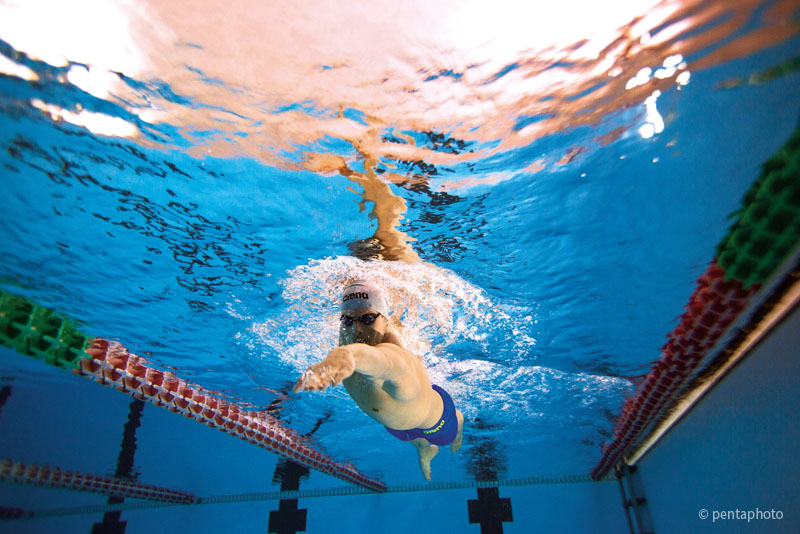Do you know that heart rate (HR) can provide you with an incredible amount of performance data? How? Well, stay with us for another 90 seconds.
Welcome to the 100% evidence-based 90-second sports science lab, brought to you by the world’s top experts!
[vc_row][vc_column width=”1/1″][vc_video link=”https://www.youtube.com/watch?v=JR2hd6TkJ8k&feature=youtu.be”][/vc_column][/vc_row]
HR gives you the sum of total beats in one minute, which seems easy but it isn’t. With better information about HR variability, you can look forward.
HR variability represents variation between consecutive heartbeats. The cardiovascular system is controlled by autonomic regulation found in the sympathetic and parasympathetic pathway of the autonomic nervous system.
According to the evidence, analysis of HR variability can provide information about the athlete, from quality of life to physical fitness, as well as their performance status.
Sympathetic activity increases cardiac contractility, whereas parasympathetic activity reduces HR. Balance in the autonomic nervous system can be altered by several forms of stress, such as incomplete recovery, illness or psychological factors.
Every training stimulus produces a bodily reaction. With HR variability, understanding an athlete’s response is one of the options we can make use of.
Measuring HR variability can be divided into three classes: time domain, frequency domain and non-linear.
In the frequency domain, three main spectral components are distinguished: very low frequency, low frequency and high frequency. High frequency is related to cardiac vagal influence and represents parasympathetic activity, while low frequency reflects baroreflex activity, rather than sympathetic activity. An athlete’s performance is strictly related to the fluctuations in HR variability.
By using HR variability analysis, you can check certain reactions in order to prevent overtraining, manage overreaching and focalize every effort needed to improve performance. So, bring along the data about the athlete in you and organize the right training programme to help you win!
Discover more at http://www.sportsciencelab.uk/
—————
